First of all i've to tell you that i'm a beginner in SQL.
I want to select all the informations related to my PLAN thanks to it's id to put them in a DataGridView in my C# program.
We can affect multiples voltage levels, catenary types etc... to this plan and it would be stored in a table called plans_into_voltage and plans_into_type there.
So when I try to selecet all the informations related to a plan, if it has multiple voltage and/or many catenary types, it would duplicate rows like this :

Then I tried to STRING_AGG but now I have duplicates into the row and I don't know how to avoid that/remove them..
This is my query :
SELECT TOP 20 pinfos.id
, STRING_AGG(pinfos.plan_name, '|')
, STRING_AGG (voltage.name, '|') AS vname
, STRING_AGG(catType.name, '|') AS catname
FROM [allocation_schematic.information].primary_infos pinfos
LEFT JOIN [allocation_schematic.types].plans_into_type pit
ON pinfos.id = pit.id_plan
LEFT JOIN [allocation_schematic.types].catenary_type catType
ON pit.id_type = catType.id
LEFT JOIN [allocation_schematic.types].plans_into_voltage pot
ON pinfos.id = pot.id_plan
LEFT JOIN [allocation_schematic.types].voltage voltage
ON pot.id_voltage = voltage.id
GROUP BY pinfos.id

But i want it like:

I've already check this first solution and this second one but I don't understand how to implement it with my query.
Could someone help me with this please ? I've been on this trouble since 2 days..
Thanks !

